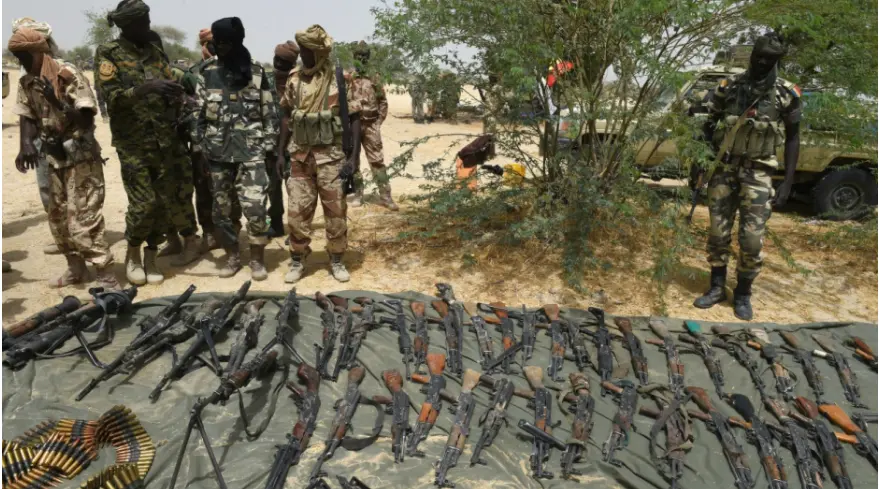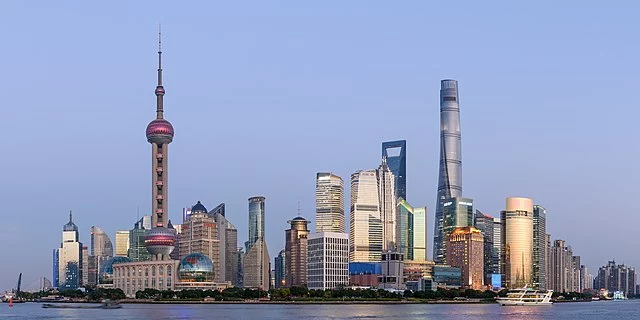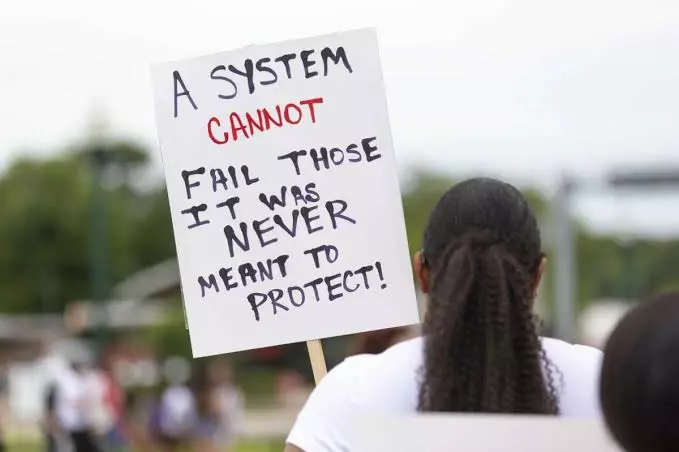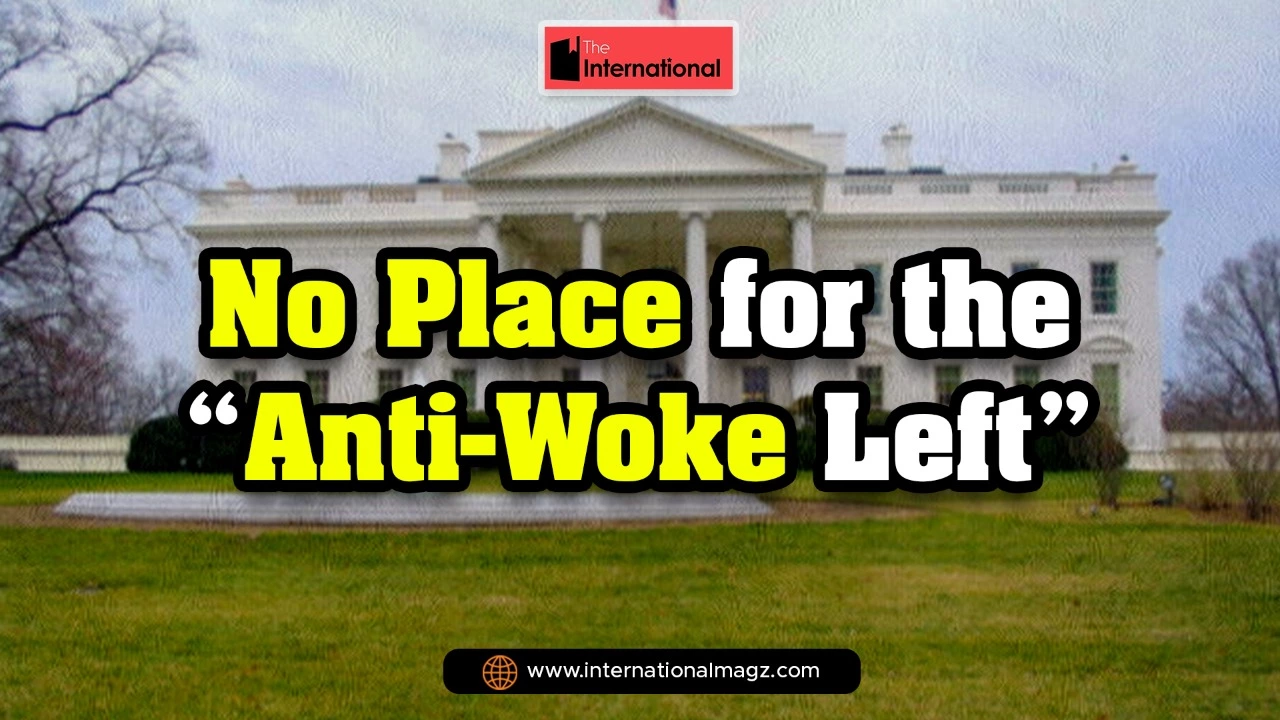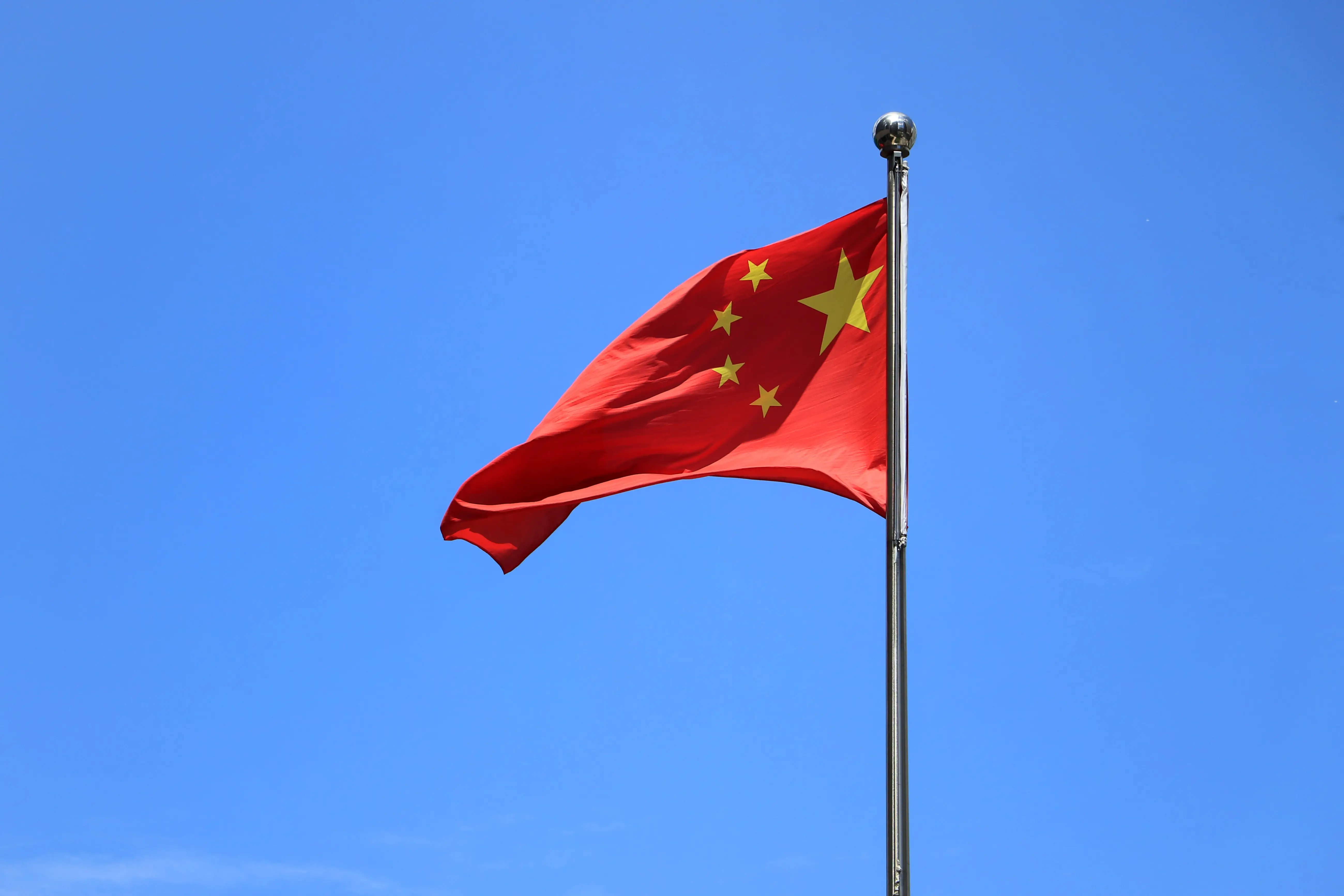Boko Haram, loosely translated to mean, "Western Education is Forbidden," began their radical onslaught against the northern part of Nigeria and neighboring countries, first in ineffective cells, then as an ordered force capable of defeatin the Armed Forces of the Federal Republic of Nigeria. What started under Mallam Mohammed Yusuf, quickly morphed, due to multiple factors, into a monster in the cast and consistency of ISIS and sister terrorist groups. Yusuf, the sect’s founder, was killed in suspicious circumstances in Police custody, or some schools of thought believe, to hide the identity of the alleged sponsors of the rebel group. The sect, ultra-radicalized and hitherto operating in seclusion with their bizarre ideologies, at first posed no minor threat to the security and sovereignty of Nigeria and the sub-region. Now, under Imam Abubakar Shekau, who has been taken out several times according to the publicity of the Nigerian Army (but who has curiously refused to die), the group operates with mastery and sophistication. Shekau was reported killed in 2009; the Nigerian army also boasted to have killed him during the 2014 Battle of Kodunga. The Cameroonian military were to later claim that their forces killed Shekau in September 2014. Yet, the same Shekau was reported to have been "fatally wounded" during an airstrike in Taye village on 19 August 2016 by the Nigerian Air Force. Regrettably, videos of the mystical terrorist were played on various online media after each claim to refute same.
Boko Haram came into national spotlight in 2002 in the twilight of then President, Chief Olusegun Obasanjo, and was momentarily contained by his successor, Alhaji Umaru Yar’Adua. However, the group quickly metamorphosed due to political infiltration under President Dr. Goodluck Ebele Jonathan. The perceived shoddy handling of the now-sophisticated insurgency, which had turned into a subtle political tool, contributed immensely to the loss of reelection in 2015 of then incumbent president Jonathan to Mohammadu Buhari, a retired Nigerian Army General and former head of government.
The entry of Gen. Buhari (retd) raised bright prospects of effective containment of the radical sect. For one, they were his fellow Northerners and Muslims, and were suspected to have lent him covert support during his electioneering. What obtained, however, was a gradual and steady festering of the situation. President Mohammadu Buhari had promised Nigerians that he would lead from the front and defeat the sect within weeks of his presidency. However, that played out in reverse. Not only did Nigerians have to contend with Boko Haram insurgency, but pockets of banditry and menace of armed herdsmen mushroomed in various sates of the North, spilling into the south and overwhelming the country’s security apparatuses.
Since President Mohammadu Buhari took over the mantle of leadership, there have been a serious resurgence in herdsmen hostilities across the country; and Nigeria seems evidently held ransom in the culpable complacence and sometimes covert or open connivance of the presidency. Herdsmen in Nigeria are mainly of the Fulani ethnic group, the very tribe of the Nigerian President. It is open knowledge in Nigeria that these herdsmen and their umbrella body, the Myetti Allah Cattle breeders, exert enormous influence on the central government in Abuja and could literally get away with close to murder.
The gradual flagging of the security apparatuses in the face of the herdsmen's menace due to executive interference, has led to a mushrooming of groups seeking the protection of lives and properties of their people. There is the Eastern Security Network formed by the separatist leader, Nnamdi Kanu; Amotekun by the western Nigerian Governors, and the Sunday Igboho group. For any lover of Nigeria’s unity, this is not the best of developments and for a serious-minded presidency, a time for sober reflection on how best to secure, regain the confidence of and protect the diverse ethnic nationalities that make up the nation.
The lack of firm handling of Boko Haram is one point and has created Frankenstein monsters. Despite the viciousness with which the insurgents executed captives, those apprehended by the army were often pardoned as repentant insurgents, some of them trained and absorbed into the same armed forces only to secretly recant and constitute a fifth column, leaving to grave porosity in the counter-insurgency campaigns.
With Nigerian armed forces reeling backwards under the pressure of the mishandling of Boko Haram, banditry has become the passtime of loose hands in the Northern states of mainly Zamfara and Yobe, spilling into Kaduna, Kano and others. The most worrisome aspect of this decay of state power is the current trend of kidnapping innocent school children enmasse and subjecting them to gruesome circumstances.
There was the abduction of some 276 female students of mostly Christian background in the night of 14th April 2014 by the Islamic terrorist group, Boko Haram, from a secondary school in the Chibok town of Borno state in Nigeria. What came to be known as the Chibok girls internationally and cast the sect in very bad light was only a precursor to more kidnappings of innocent school children. In just a space of a few years, there have been more kidnappings than can be counted, a highly disturbing trend. On February 19, 2018, 110 teenage schoolgirls were kidnapped by the Boko Haram terrorist group from the Government Girls' Science and Technical College (GGSTC), Dapchi inYobe State of Nigeria. The Nigerian Security Agencies were deployed to effect rescue. The Yobe state governor, Alhaji Ibrahim Geidam, made a startling revelation. Troops were withdrawn from Dapchi just hours before the abduction, confirming that these and other high-profile operations may well have occurred in collusion with compromised security top brass.
The continued frequency and audacity of abductions is a case in point. In December 2020, hundreds of schoolboys were seized from Government Science Secondary School in Kankara, Katsina state, President Buhari’s home state, while he was there on a visit! Since then there have been many more abductions targeted at vulnerable and innocent school teenagers.
On 17 February 2021, a school pupil was reported killed and 27 others abducted by masked gunmen from their school in Kagara, Niger State, Nigeria. On 26 February 2021, 279 teenage female students were kidnapped at the Government Girls Science Secondary School, a boarding school in Jangebe in Zamfara State, Nigeria, by armed bandits. Gunmen raided the Federal College of Forestry Mechanization in Mando, Kaduna state on Thursday, 11th March 2020 and kidnapped 39 students, in the latest mass abduction.
There are many more kidnaps and abductions than enumerated above. The government is obviously challenged and did not appear to have proactive strategies to preempt these attacks and stop their occurrence. Whatever measures used to secure the release of abductees is evidently counterproductive. There have been reports of ransom by government to the tune of hundreds of millions of naira, reports which are routinely denied. But the strategy that ensured steady and mass release of kidnapped schoolboys and girls remains in the dark.
There are various reasons adducible for the rise in criminality, described In Nigeria as the only viable industry of the present day. The global attention generated by the Chibok saga spelt it clear to armed groups that the surest short-cut to drawing the attention of the Government and the international community was mass-abduction of vulnerable children from their schools. There is the case of heavy ransoms which instead of stopping the brutal onslaught only signal to other loose hands that banditry is paid well.
The solution to the menace is firstly, a strong will by the government to end banditry and insurgency. The late Nigerian Despot, retd Gen. Sani Abacha, made an immortal remark that if an insurgency lasted more than 24 hours, the government had hand in it. It is not yet clear whose political tool the insane abductions of moment serve, but the President Buhari government could do well by fishing out and distancing itself from fifth columnists, beefing up security in all affected areas and instituting states of emergency wherever necessary. Arrested bandits and insurgents ought to be tried with stiff deterrents. Amnesty shoud be timed, not this open-ended scenario in which those who willingly took up arms, defied government deadlines, overwhelmed the state and are eventually overpowered are blankly offered amnesty. Some of those who are amnestied are even recruited to fight alongside those whose casualties they contributed immensely to. a situation that is highly demoralizing.
It is time for the Mohammadu Buhari government to come out with a clear-cut strategy to end banditry and insurgency, and if challenged to invite international assistance. What obtains in Nigeria today is reprehensible and unacceptable and perpetrators would surely have a day with the ICC and other international watchdogs.
